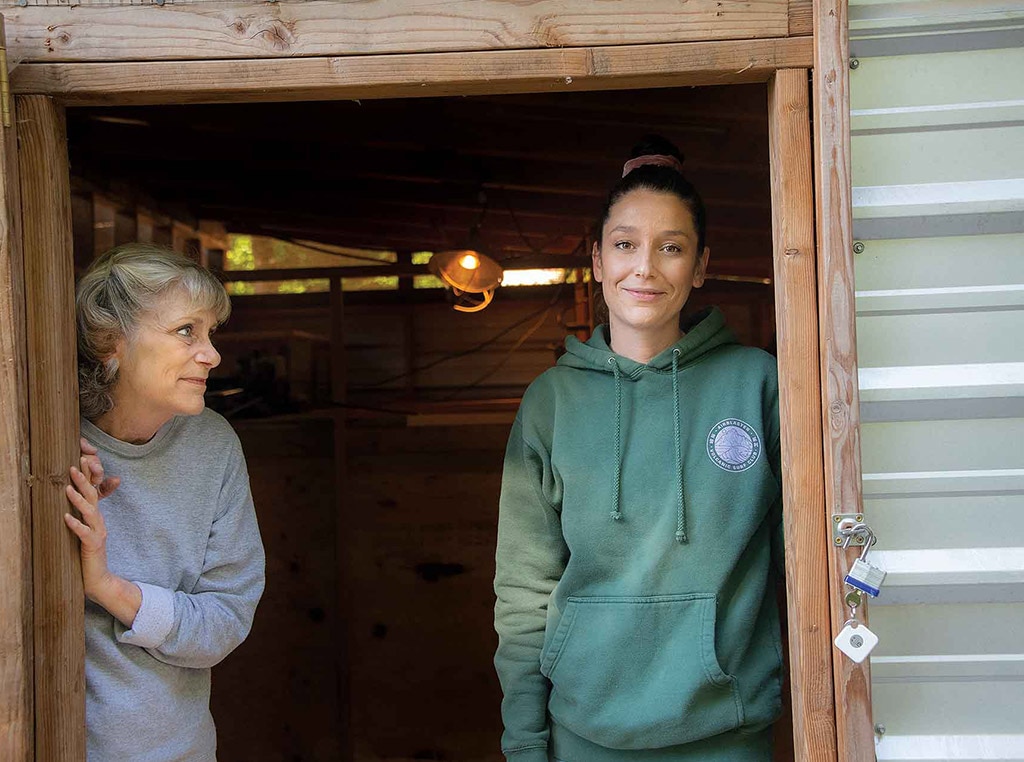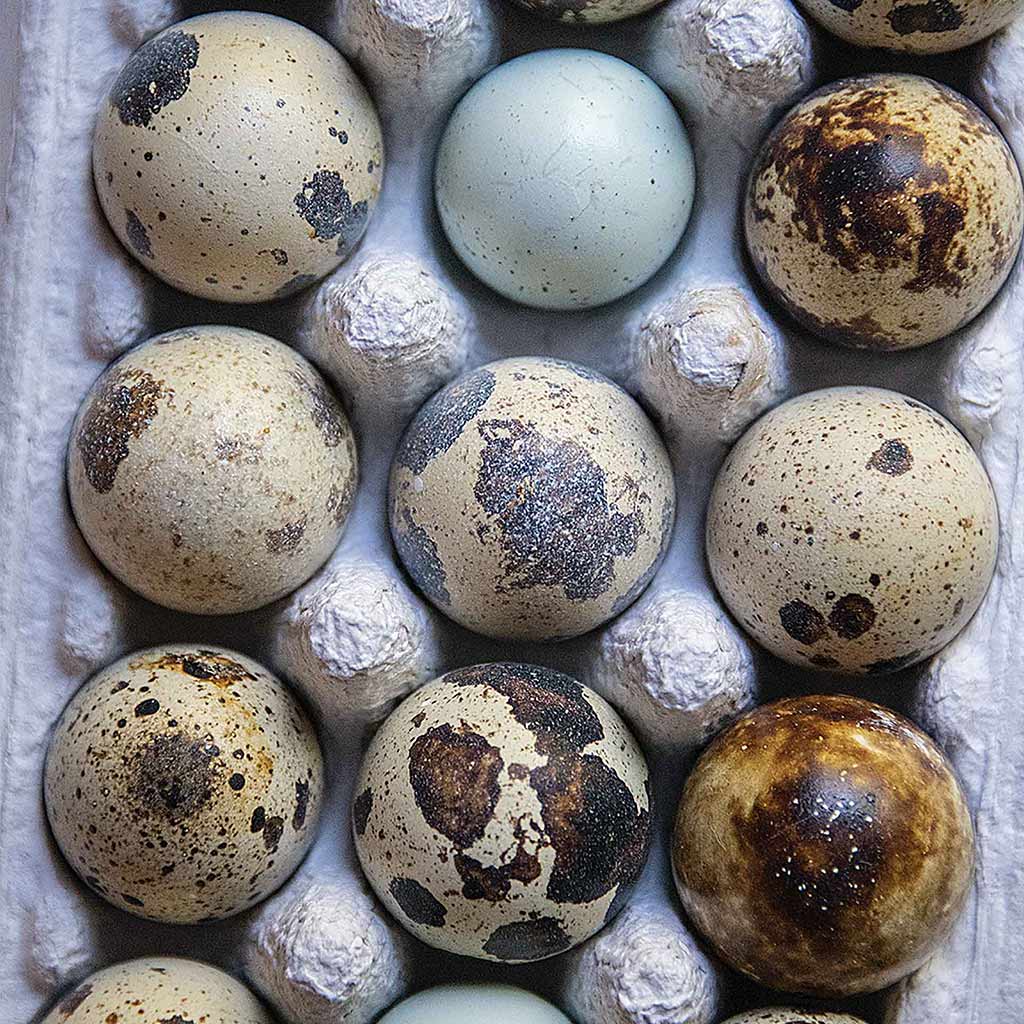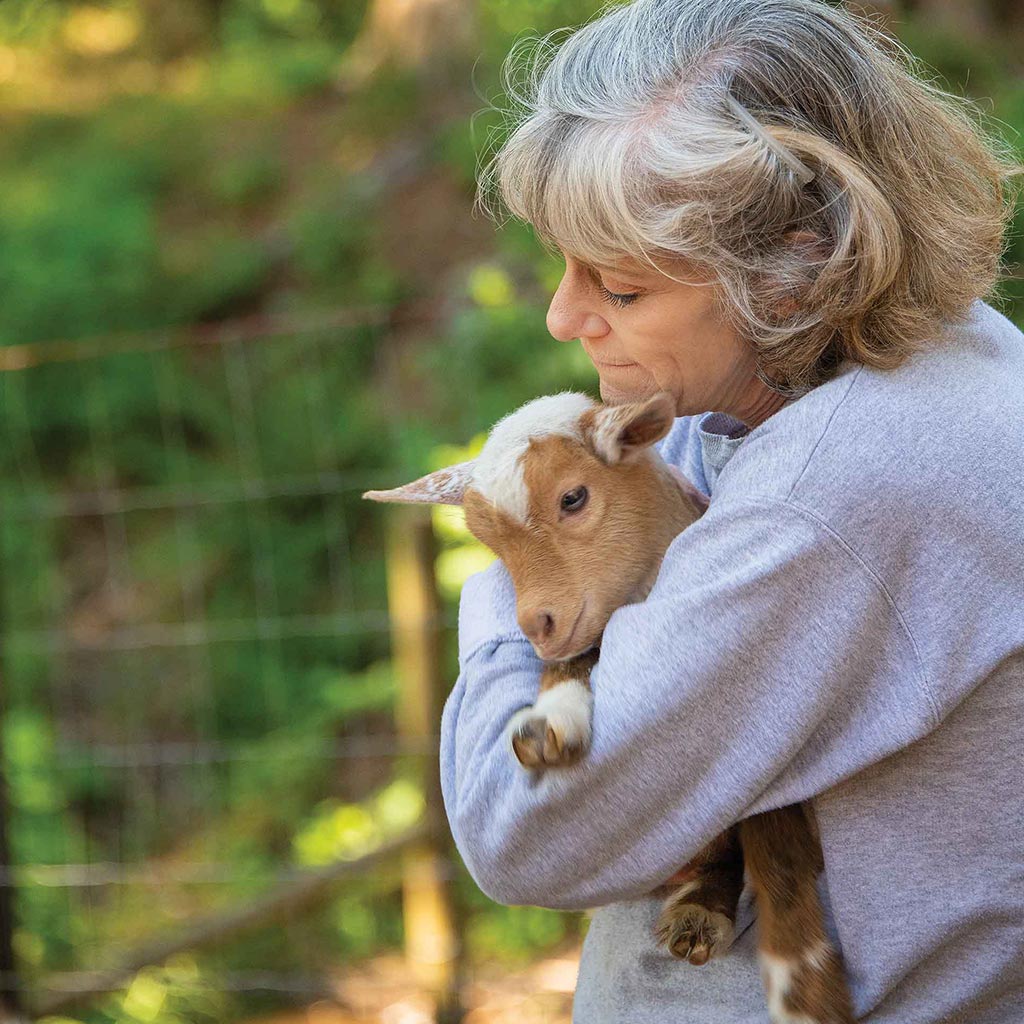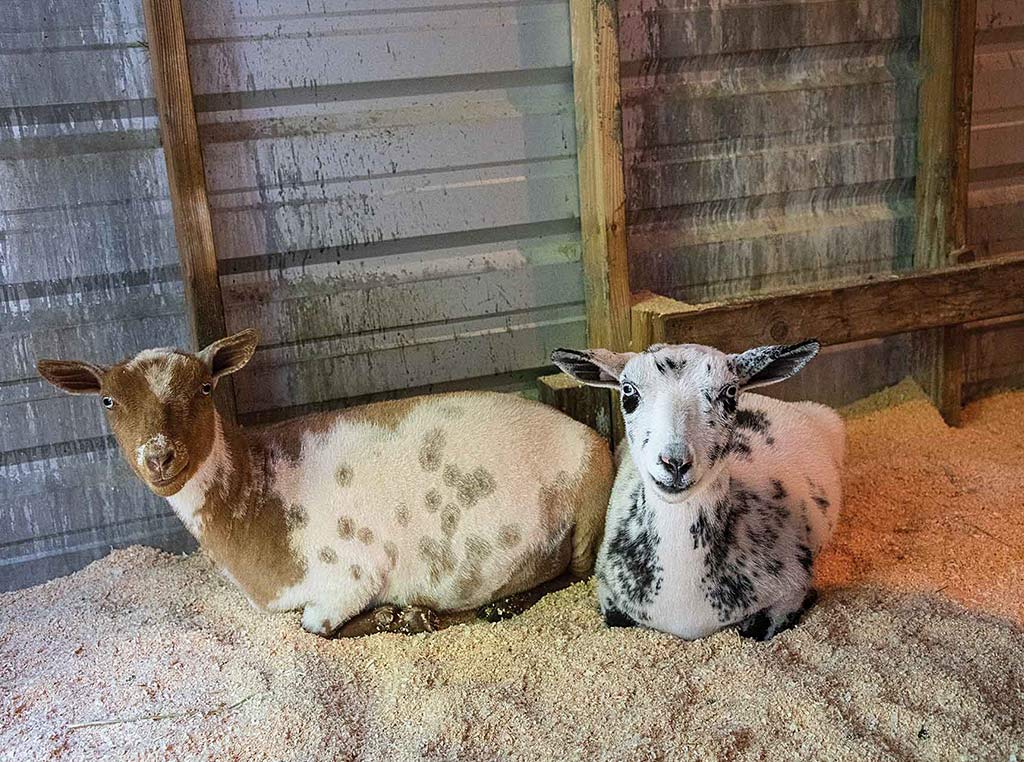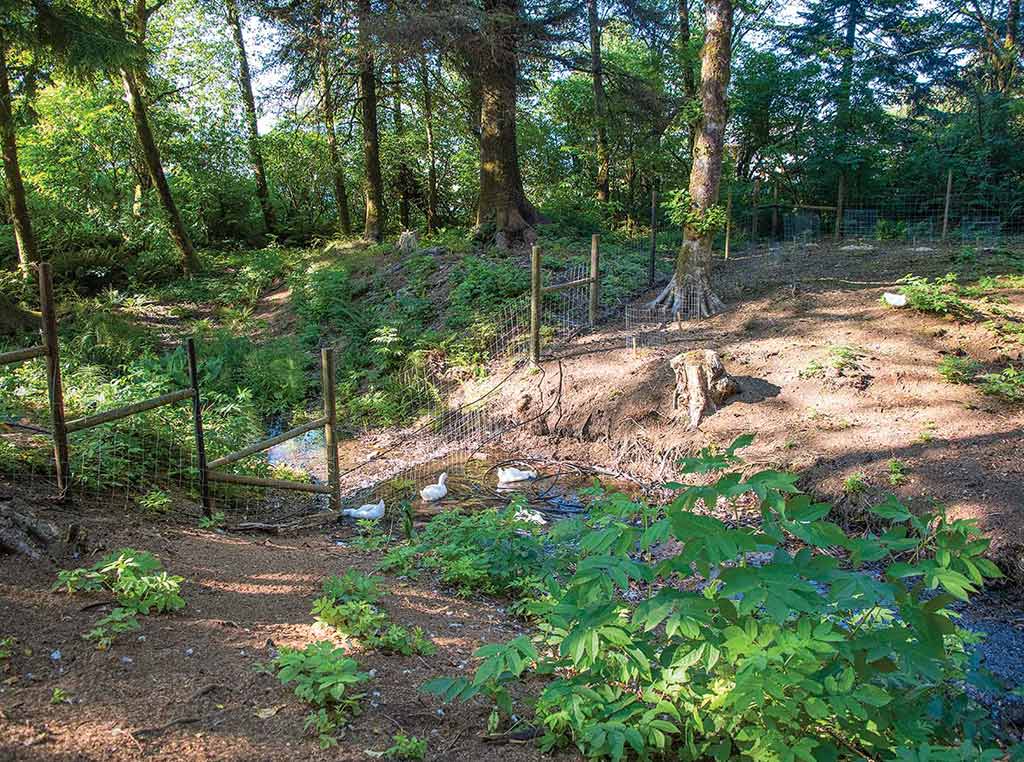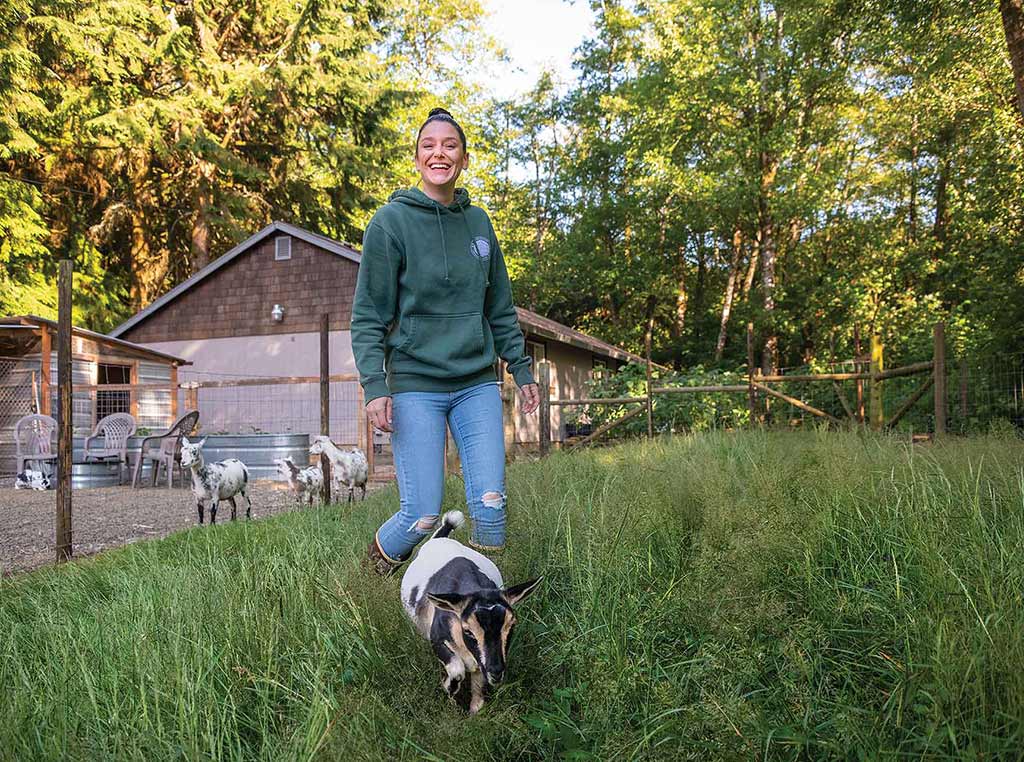Livestock/Poultry, Agriculture June 01, 2022
Big Passion on a Tiny Farm
.
Mother and daughter create the farm of their dreams.
Anne Sweazy-Kulju is no stranger to turning her imagination into reality. A novelist and entrepreneur, she and her daughter, Laura Kulju, dreamed of raising livestock on a farm of their own—and they made it happen.
A terrible car crash and 15 back surgeries pulled reality into sharp focus, and Laura—a former veterinary technician and enthusiastic snowboarder—moved from the high desert community of Bend, Oregon, to the state’s coastline near Pacific City to help her mother recover.
Together, they built a carefully selected and bred show herd of Nigerian Dwarf goats, a herd of New Zealand rabbits, and flocks of Toulouse geese, Grimaud Pekin ducks, and two kinds of quail.
At 75 pounds and nearly two feet tall, Nigerian Dwarf goats were a natural pick for the pair.
“Their small size makes them easy to manage and allows even those with limited space to enjoy keeping a small herd,” Laura says. “They’re a manageable size, a perfect dairy goat, and they’re sweet. They out-dog dogs.”
The Kuljus’ big dream started three years ago on a tiny footprint—two acres just a few yards from the water’s edge. They called it Sitka Sedge Farm, a nod to the native vegetation and a state park a few hundred yards away, and turned the house lot into a little livestock playground.
Laura laid out pens and runs, then designed the hutches and stalls, right down to the space-saving folding gates that make the most of every inch.
“She’s got an engineer’s mind,” Anne says, ever the proud mom.
As Anne talks, Luca, a Nigerian Dwarf buck, peeks into the stall. Looks are important for the show goat herd, but selections are carefully made—and a sweet disposition is a major factor.
“Although my mom and I are the first farmers in our family, we believe we inherited this knack for choosing quality livestock from my grandpa, who was a master at handicapping thoroughbred horses,” says Laura.
Above. One meeting with geese leaves no doubt why the Romans used them to sound the alarm when intruders came near. Sitka Sedge Farm quail eggs are beautiful, tasty, and striking to look at. The Kuljus sell them in Tillamook through Food Roots, a local-food non-profit. Anne shares a moment with Luca, a Nigerian Dwarf goat.
Registered. Selecting and breeding quality livestock is half of the Sitka Sedge story. The Kuljus also believe in maintaining high standards through certification programs. Their goats are registered with the American Dairy Goat Association (ADGA), and they participate in the group’s performance programs. The farm is also enrolled in the National Poultry Improvement Plan, a voluntary state-federal program that tests birds twice yearly to ensure disease-free flocks.
The birds of Sitka Sedge Farm have as much personality as the goats. That goes double for the Toulouse geese, who keep the goats in line by nipping them with their bright orange beaks.
French chefs celebrate the rich, dark meat of the Toulouse goose, and though the market around Pacific City has been slow to warm to them, Anne does, too.
“We call them ‘flying bacon,’” she quips. (Don’t tell the geese.)
Tiny, beautiful eggs from the Kuljus’ quail have been a bigger hit. Coturnix quail lay eggs decked out in the tans and browns of desert camouflage, a striking contrast to the sea foam green of Celadon eggs. The Kuljus package the eggs together and sell them through Food Roots, a non-profit in downtown Tillamook that promotes local food.
Clean. Like dwarf goats, quail are compact. Anne and Laura built a sand-floored aviary for their quail flock to run around.
“We didn’t like cages,” explains Laura, “and since they’re on sand, we get really clean eggs. That means they’re not washed, so they’re shelf stable.”
Along the creek that runs past their house, the Kuljus created a little paradise for their ducks. Salmonberry, a hip eatery in nearby Wheeler, Oregon, is a regular customer for duck and skin-on quail, as well as the rich duck eggs that make the restaurant’s pasta a perpetual hit.
And speaking of rich, the Kuljus are starting to tap into their goats’ high-butterfat milk to create a line of skin care products.
Skin care is as well-suited to a small operation as the dwarf goats themselves. The Kuljus can produce lotion without the commercial dairy license that they would need to process and sell fluid milk, yogurt, or cheese.
More big changes are in store for Sitka Sedge Farm this year. The Kuljus are moving their operation to a homestead in Laura’s former hometown of Bend, trading the rainy, mild Pacific coast for the hot summers and snowy winters of the high desert.
“I didn’t realize we’d ever be able to do so much here with so little property,” reflects Anne. “It gives me hope that we can do even better things on the new property—not just take care of our family, but take care of other families with good food.” ‡
Above. Nigerian Dwarf does are working on the next generation of Sitka Sedge Farm show and milk goats. The Kuljus are creating a non-profit that will allow children with disabilities and their guardians to enjoy time with their goats. "We can’t think of anything that sparks more joy than playing with a baby goat," says Laura. Ducks luxuriate creekside.
Read More
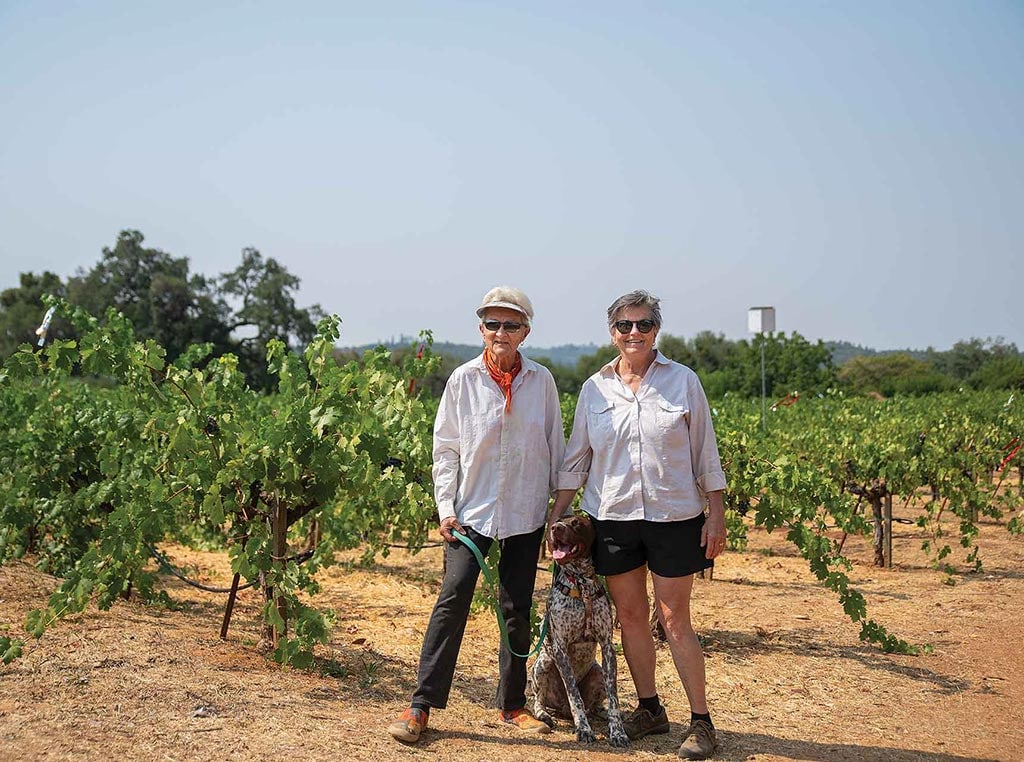
AGRICULTURE, SPECIALTY/NICHE
Retiring in the Valley
Trading steep streets for rolling hills.
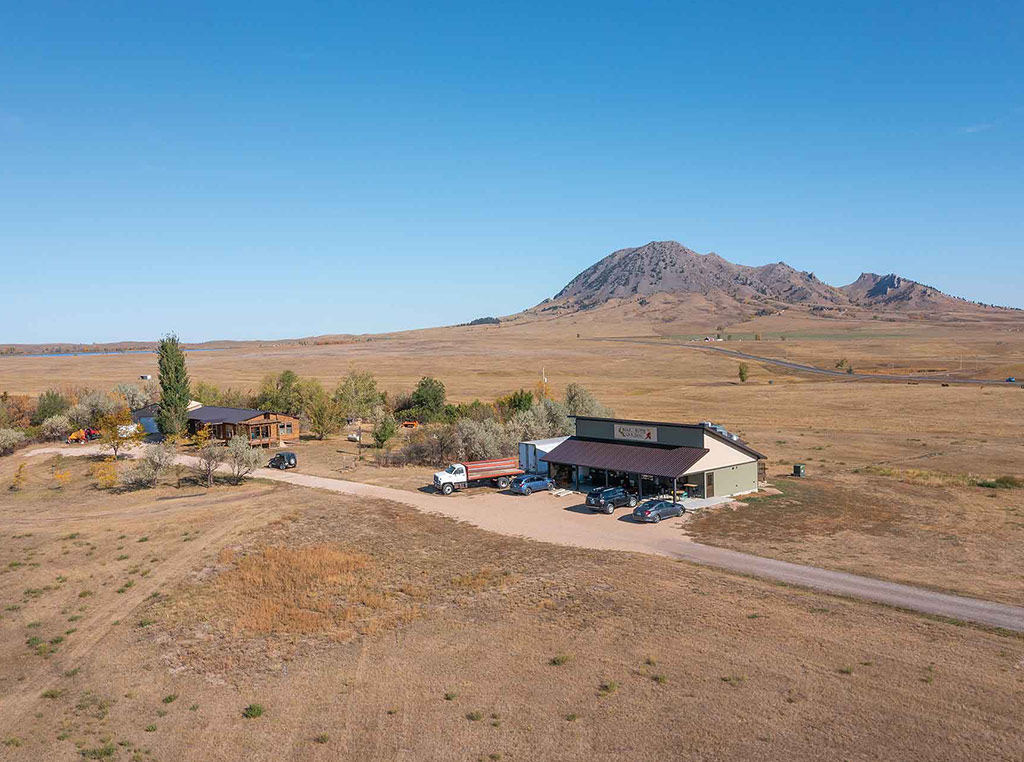
AGRICULTURE, RURAL LIVING
Dream Garden to Garden Hub
A rural garden that grew and grew.

